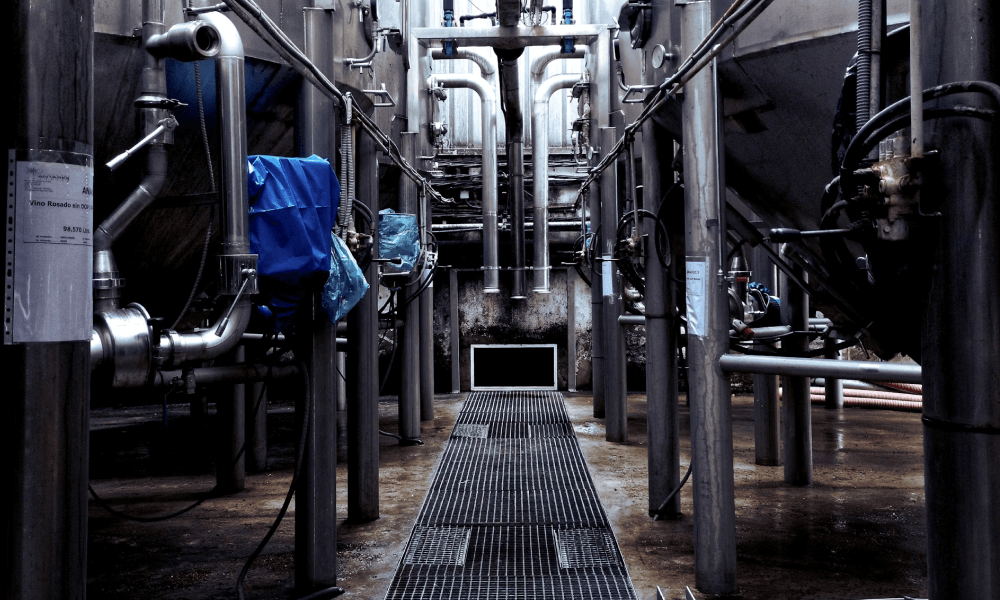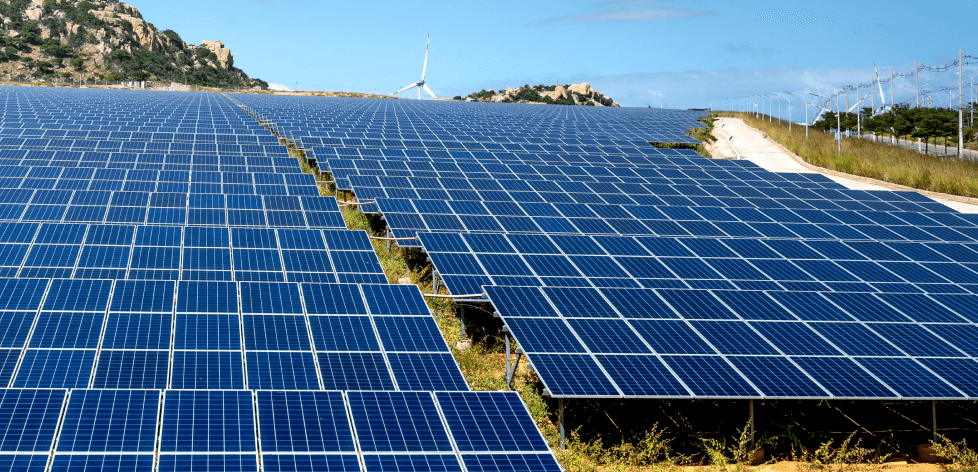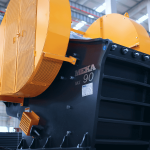Smart Automation
"Smart Automation" typically refers to the integration of intelligent technologies and systems to automate processes and tasks in a way that enhances efficiency, reduces human intervention, and often improves overall performance. It represents a paradigm shift in the way tasks and operations are performed, leveraging cutting-edge technologies to optimize efficiency, productivity, and resource utilization.









